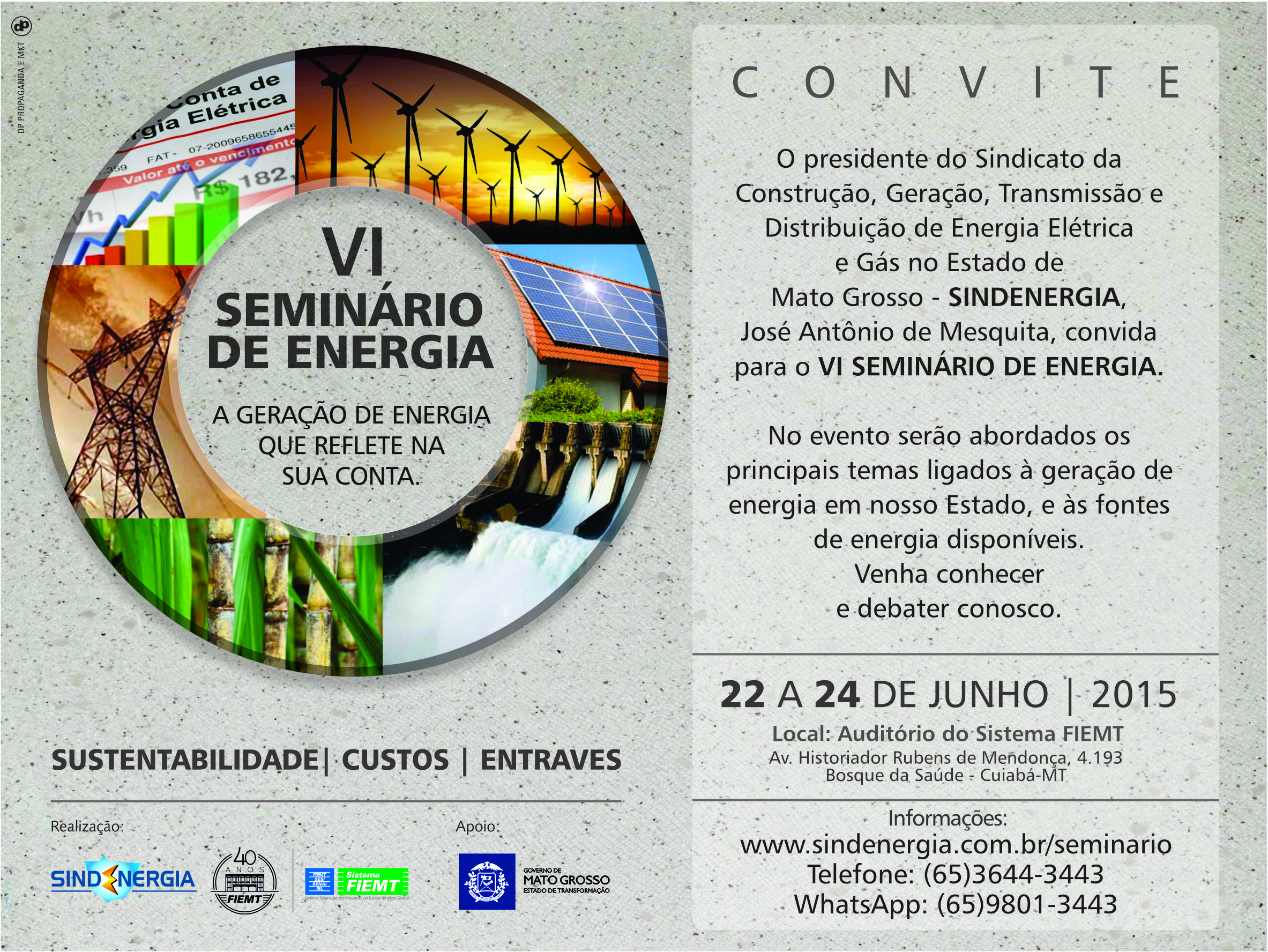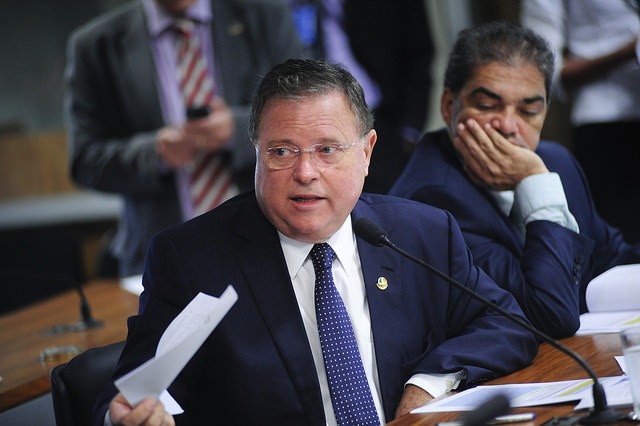Fonte: ANEELThe city administrations that have not yet assumed the public lighting assets will have to do it by Dec. 31, 2014. The board of ANEEL (the Brazilian Electricity Regulatory Agency) approved on Dec. 10, in a public meeting, the request of the city administrations and decided to postpone the deadline for all cities, and not only to those with less than 50,000 inhabitants, which was the original proposal of the public hearing.
The city administrations had problems considering the high index of replacing mayors, which caused interruption in the dialog between distributors and city administrations, as well as adjustments were required in the Public Lighting Fee or even its creation.
The deadline has been postponed twice; and for this reason, General Director Romeu Rufino highlighted in his vote that “the proposal should be considered as the last one granted and that the distributors and city administrations should address the problem in advance to ensure the transfer within the deadline defined now”.
With the concern of city administrations about the conservation of the assets, the board of ANEEL approved the signature of a term of responsibility by the distributors with each city administration, attesting the conditions comply with the quality standards foreseen in technical regulations.
Public hearing 107/2013 about postponing the deadline to transfer public lighting assets was discussed from Sept. 26, 2013 to Nov. 8, 2013 and received 94 contributions. In-person sessions were also conducted to discuss this theme in the cities of São Paulo, Belo Horizonte and Recife.
With the transfer of public lighting services, which include energy project, implementation, expansion, installation, maintenance and consumption, ANEEL seeks to enforce the 1988 Federal Constitution, which defines that public lighting is under the municipality’s responsibility and, for this reason, it allows to charge the Public Lighting Fee (CIP). The transfer schedule is foreseen in Art. 218 of Normative Resolution 414/2010, which addresses the rights and obligations of electric energy consumers.








